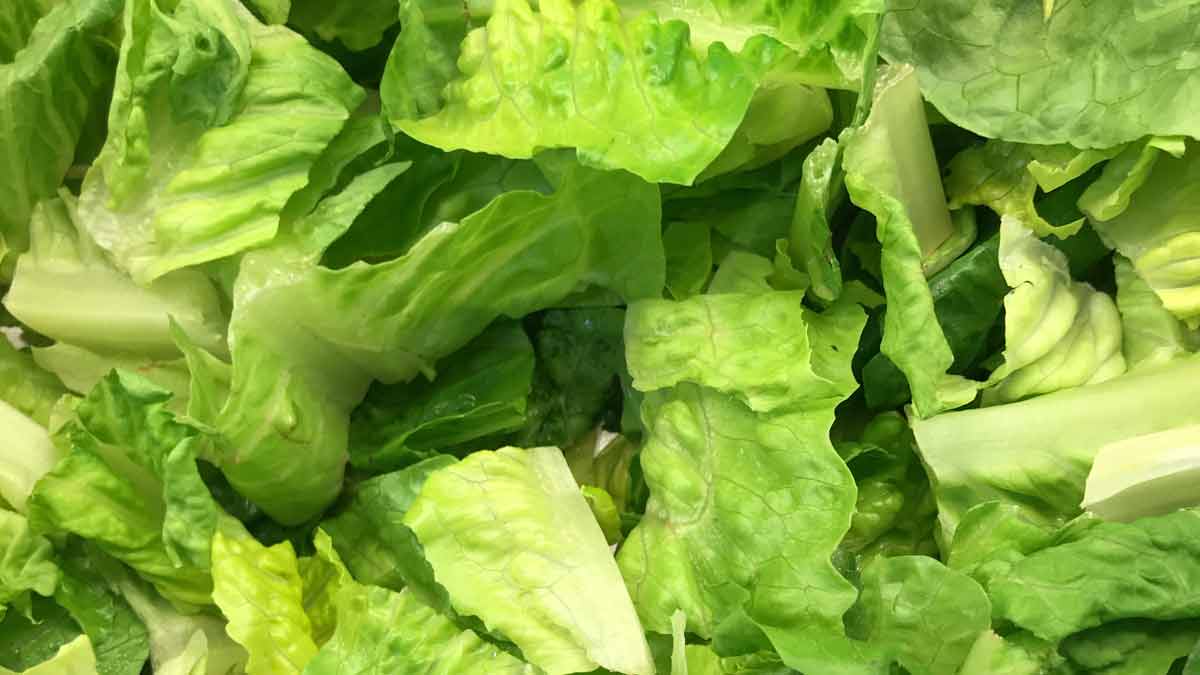The romaine lettuce E. coli outbreak has been linked to five deaths, two of them in Minnesota, according to the latest update from the Centers for Disease Control and Prevention (CDC). A total of 197 people in 35 states have been sickened, 89 have been hospitalized and 26 have hemolytic uremic syndrome (HUS), a form of kidney failure associated with E. coli infections.
Contact an E. coli Lawyer representing clients in this outbreak
The outbreak was first announced on April 10, 2018. Minnesota, which first reported cases almost a month later, is one of the states hardest hit by the outbreak with a total of 12 illnesses. On May 8, the Minnesota Department of Health announced that 10 cases of E. coli O157:H7 infection reported statewide had been linked to the multi-state romaine lettuce E. coli outbreak. At that time, three of the ten patients were hospitalized and two had HUS.
HUS, a life-threatening complication of E. coli Infections
HUS causes small blood vessels in the kidneys to become swollen or damaged and clots form clogging the filtering system of the kidneys. It can cause kidney failure, seizure, stroke, coma and death. Treatments include dialysis, blood transfusions and plasma therapy.
Between 5 percent and 10 percent of E. coli patients develop HUS. Symptoms of an E. coli infection, which include stomach cramps and diarrhea that can be bloody, usually develop within two to five days of exposure and last about a week. HUS symptoms appear after that and include:
- Fatigue
- Pale skin
- Unexplained weakness
- Decreased urination
- Unexplained bruises or bleeding
Anyone who develops symptoms of HUS needs immediate emergency medical care.
The E. coli lawyers at Pritzker Hageman represent clients nationwide who have been sickened by contaminated food and have represented clients in nearly every major outbreak over the last 20 years including this one. Their long and successful track record includes multiple multi-million-dollar awards for E. coli HUS clients, including a $7.5 million verdict. Contact them for a free, no-obligation consultation about an E. coli illness or death.
